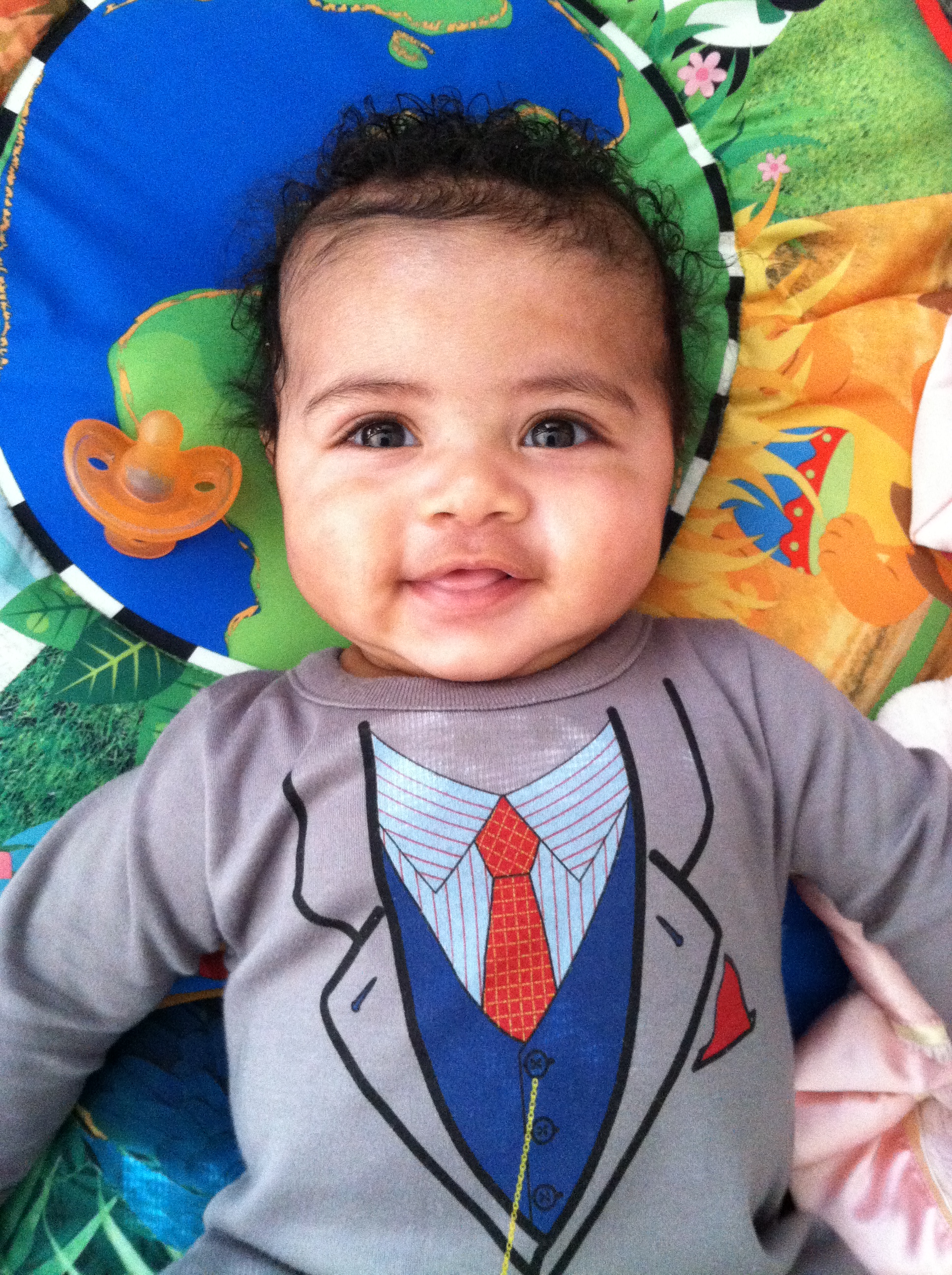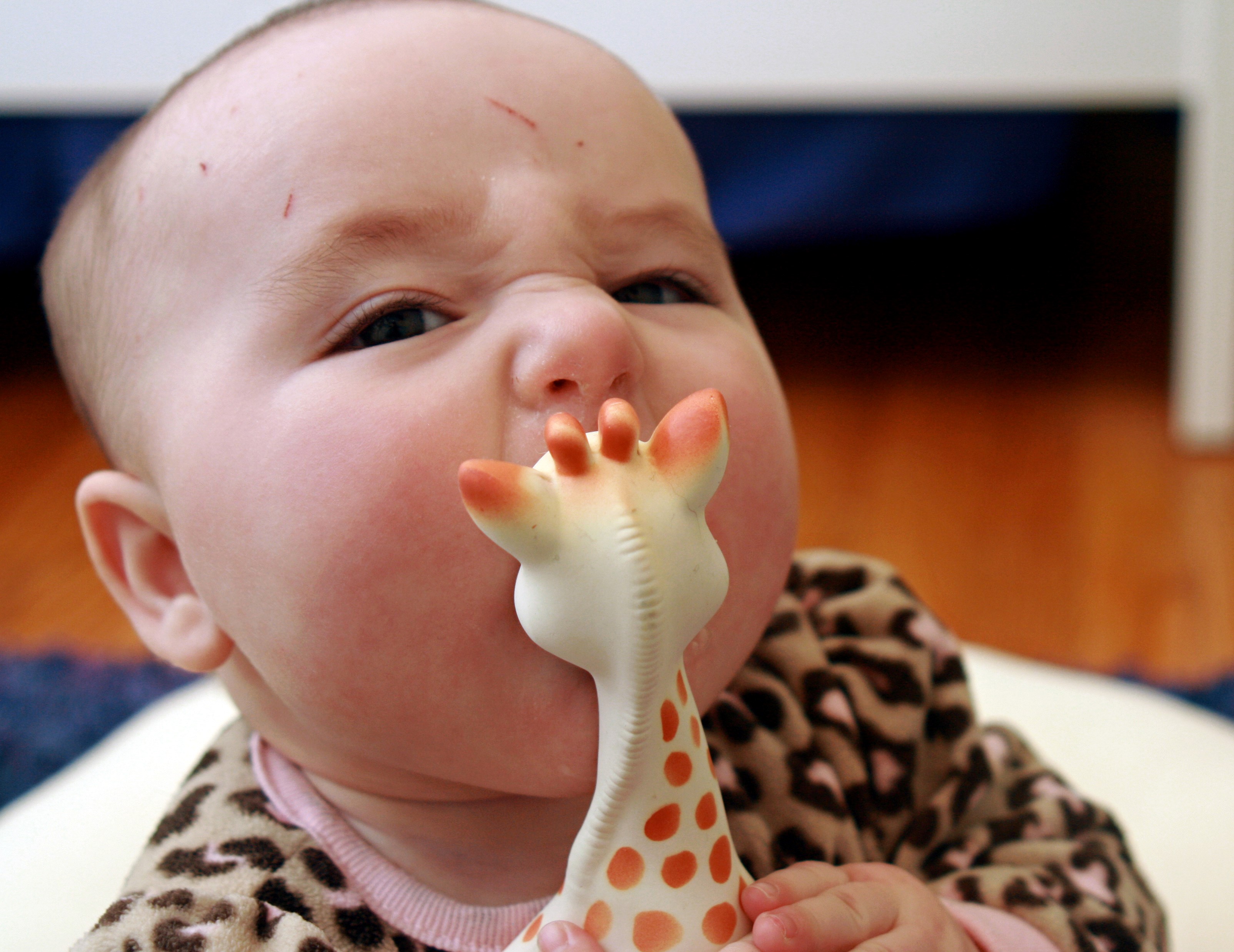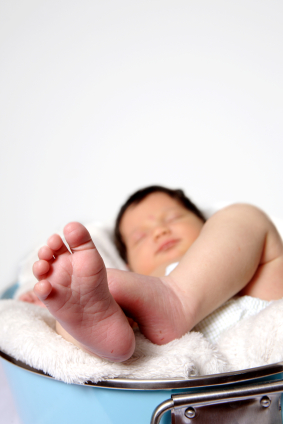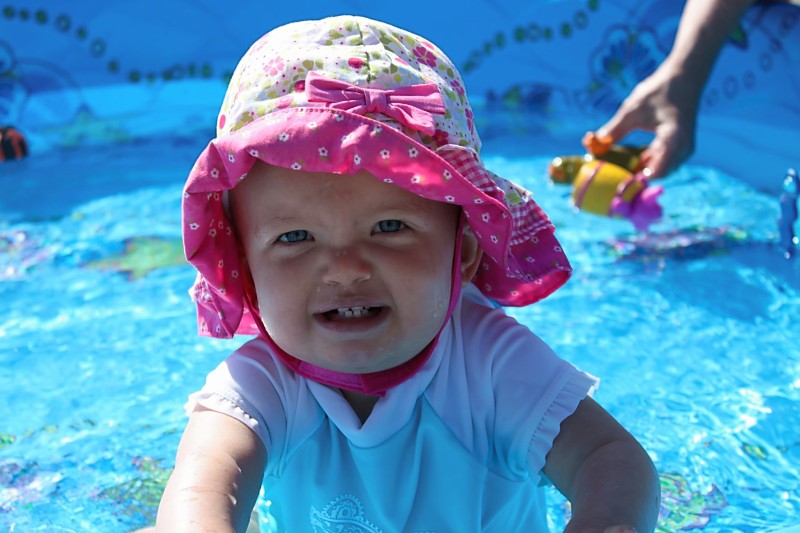Louisiana State Newborn Screening Program Sustains Operations During August 2016 Flooding in Central Louisiana

From August 11th – August 15th of 2016, historic flooding caused devastation in central Louisiana, causing one third of Louisiana parishes to be declared disaster areas. The State Newborn Screening Follow-up Program responded quickly to disaster and utilized all resources available to ensure every baby was screened and cared for.
As the State Newborn Screening Follow-up Program, we responded quickly to disaster by continuously communicating with the Bureau of Family Health, the State Public Health Laboratory, State Metabolic Specialists, the State Pharmacy, formula distributors, hospitals in affected areas, medical providers and parents as described in their continuity of operations plan (COOP).
Unfortunately our State Laboratory, located in Baton Rouge, was adversely affected by the flooding. Although the lab didn’t take on any water, mandated state office closure began August 12th. The lab proved resilient with a skeleton crew, and reporting continued through August 13th. Abnormal results reported on the 13th were reported to the primary care provider by a member of our team on the same day. We successfully combated disaster with continuous hard work and communication!
Our program is a unit of the Bureau of Family Health. Together, we participated in daily huddles to communicate issues and determine what services were available from the state. These huddles were also a chance to discuss the list of cases reported from the lab on the previous day and determine what, if any, issues arose with contacting providers or families of children with abnormal results. Our NBS Program is located in New Orleans and thankfully did not take on any water. Thus, follow-up staff were able to contact all families and providers of children in affected regions.
Our State Pharmacy informed us that parents would be able to fill prescriptions at their local pharmacy, and/ or pick up prescriptions from a local health unit. We had a specific case in which a parent of a child with a metabolic disorder was unable to pick up formula from a health unit that the parent regularly uses. So, we made arrangements for the parent to pick up the formula in a different parish that was about the equal distance from their normal unit. We made it our top priority to ensure that prescriptions and formula were available for all babies who needed them.
Though horrific, the flooding proved the genuine commitment of NBS system staff:
- We contacted hospitals in affected areas to make sure they were able to get newborn screens mailed or transported
- One dedicated nurse at a hospital in Baton Rouge independently brought the hospital’s samples to UPS to be shipped
- In one instance, the courier refused to pick up samples from a hospital in an affected area. So, the National Guard was dispatched to pick up those samples and take them to the laboratory.
- All resources were utilized to make sure every baby was screened and cared for.
In the weeks after the flooding, we continuously and tirelessly worked with the Birth Registry to determine whether infants born in hospitals of affected areas did in fact receive a newborn screen. We determined that no initial newborn screens were missed due to the flooding.
As with other recent disasters such as Hurricane Isaac in 2012, we as Follow-up staff were able to continue to report abnormal results because of access to working computers, phones and fax machines. It is so important to review the COOP yearly and ensure that staff have the resources needed to report cases wherever they land during an emergency event. Although every emergency has its own distinctive traits, planning and public health preparedness prove to be essential.
For more information, please visit the Louisiana Genetic Diseases Program’s website http://new.dhh.louisiana.gov/index.cfm/page/489 or contact us at (504) 568-8254.


